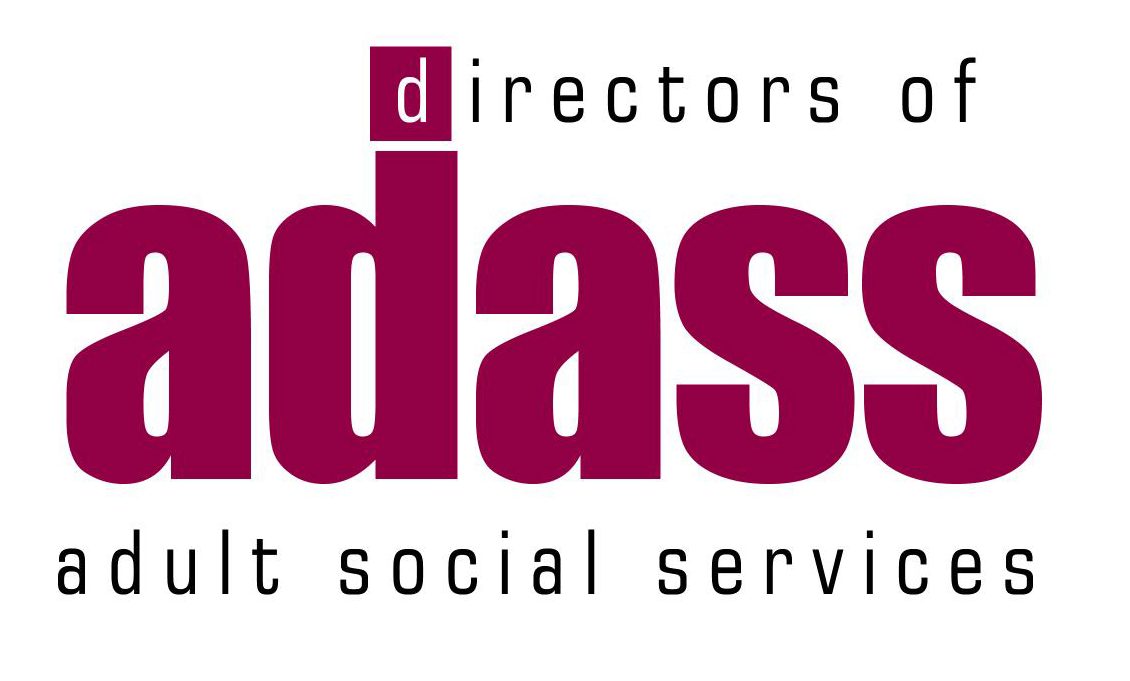This chapter sets out how to comply with the Care Act 2014 and the Care and Support Statutory Guidance when accommodation and financial support is withdrawn.
6.1 Withdrawing accommodation and financial support provided under the Care Act
The provision of accommodation and financial support under the Care Act will need to continue until the person’s circumstances change in one of the following ways:
- A review of the person’s care and support needs finds that their needs have reduced to the extent that they no longer meet the eligibility criteria and the local authority has decided that section 19(1) is not engaged to meet non-eligible care and support needs
- The person becomes eligible for Home Office asylum support, does not require residential care, and a transfer to this accommodation is compliant with the person’s well-being
- The person’s immigration status changes so that they are able to access benefits and homelessness assistance under Part VII of the Housing Act 1996.
- A human rights assessment concludes that a person without lawful status can return to their country of origin to avoid destitution in the UK, so care and support can no longer be provided.
6.1.1 Transfers to alternative accommodation
Whilst a person with no recourse to public funds is receiving ordinary accommodation (rather than supported accommodation or residential care) to meet their care and support needs, their immigration circumstances may change enabling them to access alternative accommodation. For example, if the person claims asylum, they will usually qualify for section 95 asylum support and the Home Office, rather than local authority will be required to meet their accommodation needs. If the person is granted leave to remain with access to public funds, they will be able to apply to the Department of Work and Pensions (DWP) for benefits and a housing authority for temporary accommodation under Part VII of the Housing Act 1996.
In such cases, adult social care will no longer be required to meet the person’s accommodation and financial needs under the Care Act when alternative housing and financial support is in place. In order to comply with the Care and Support Statutory Guidance, adult social care should not withdraw support until the person’s needs are met by the relevant service (Home Office, or DWP and the housing authority).
The Care and Support Statutory Guidance states:
10.24 There may be other services to which a person is entitled under other legislation (but which could also be provided as part of the provision of care and support), which a local authority is not specifically prohibited from providing under the Act. Where there is a risk of overlapping entitlements (for example, where 2 different organisations may be under a duty to provide a service in relation to the same needs), local authorities should take steps to support the individual to access the support to which they are entitled under other legislation. This may include, for example, helping the person to access some disability-related benefits and allowances.
…
10.25 The duty to meet eligible needs is not discharged just because a person has another entitlement to a different service which could meet those needs, but of which they are not availing themselves. The needs remain ‘unmet’ (and so the local authority remains under a duty to meet them) until those needs are actually met by the relevant service bring provided or arranged. Local authorities should therefore consider how to inform and advise people on accessing any such entitlements at the earliest stage possible, as well as working collaboratively with other local services to share information.
As soon as the person’s immigration status changes, it will usually be necessary to undertake proactive steps to assist the person to access alternative support, such as by:
- Making a referral to a housing authority (in compliance with the duty to refer)
- Assisting the person to make a claim for benefits, apply for a National Insurance number and/or open a bank account, as required
- Assisting the person to access welfare rights advice, especially if their entitlement to benefits may not be clear or is disputed by the DWP
- Chasing up an outstanding asylum support application with the Home Office
A notice period may need to be issued to the person to demonstrate to the Home Office or housing authority that their accommodation and financial support will be withdrawn. In such cases, the person would need to be reassured that their accommodation and financial support will not be withdrawn until the transfer to alternative support is in place, as this may take several weeks to arrange.
Section 6(4) of the Care Act requires adult social care and housing authorities to co-operate in order to promote the well-being of people with needs for care and support. Therefore, collaborative working between adult social care and housing officers (including those within another local authority) will be required to ensure that a transfer to temporary accommodation is undertaken without adversely affecting the person’s well-being or disrupting their package of care and support.
If the person moves to accommodation outside of the local authority’s area, the usual procedure for transferring a person’s care and support package to the receiving authority will need to be followed to ensure that their care is not interrupted. For more information about continuity of care, see section 3.2.10.
6.1.2 Duty to refer to a housing authority
The duty to refer requires adult social care and the NHS to refer a person who is threatened with homelessness within 56 days to a housing authority of the person’s choice. For more information, see the government guide to the duty to refer.
6.1.3 Withdrawing accommodation when a person does not qualify for care and support
A person’s accommodation and financial support may be withdrawn if they have been accommodated under section 19(3) of the Care Act pending the outcome of a needs assessment and the assessment concludes that they do not qualify for care and support under section 18 or 19(1).
A decision to withdraw accommodation and financial support could also be made when the local authority has determined that the person no longer qualifies for care and support following a reduction in their needs. In such cases, if a person’s needs have stabilised to the extent that they do not meet the eligibility criteria, the local authority must consider whether any non-eligible care and support needs can be met under section 19(1). For more information about meeting non-eligible needs, see section 4.4.
When the local authority determines that a person does not qualify (or no longer qualifies) for care and support, it must record the assessment decision in writing and clearly communicate the outcome to the person receiving support. The decision must clearly state why the person is not eligible for care and support under section 18 and 19(1). The outcome must be clearly explained to the person, with any necessary steps taken to overcome communication barriers, such as using an interpreter.
The assessment outcome should clearly state why the person is not eligible, or no longer eligible for support. Any adverse findings must be put to them so that they may have a chance to respond. Any new information that comes to light after the decision, or any alternative explanations must be considered by the local authority. It is good practice for conversations with the person to have already taken place to prepare them for such an outcome.
If the person still has no recourse to public funds when accommodation and financial support is withdrawn, adult social care will need to identify whether there are any alternative support options available and may need to assist the person to access these. For more information about alternative accommodation options, see chapter 12.
The person would need to be issued with a reasonable notice period before their accommodation and financial support is withdrawn. The notice period that is given should take into account the individual’s circumstances. If the person is in the process of applying for alternative support, such as Home Office asylum support, a flexible approach would need to be taken to extend their current accommodation until their new support is in place.
Local authorities using NRPF Connect would need to close cases once support has been withdrawn in order to ensure that the Home Office is informed that the authority is no longer involved in supporting the individual.
When care and support is being withheld or withdrawn following a human rights assessment, which has concluded that the person can return to their country of origin to avoid destitution in the UK, the local authority would need to offer assistance with return. For more information, see the NRPF Network practice guidance: when and how to undertake a human rights assessment.
It will be necessary to develop a local signposting list that can be given to the person when support is terminated. This could include information about:
- Local immigration and welfare rights advice services
- Local Voluntary and Community Sector services providing advocacy, accommodation and/or destitution support
- Home Office asylum support
- Home Office voluntary returns service

